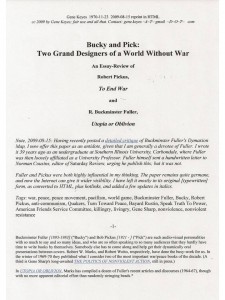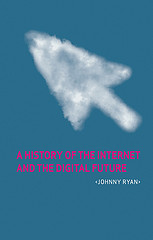
PTC'11: Connecting Life 24/7
will examine how telecom is changed and challenged by always-connected users with new requirements and preferences, the transformation of the value chain, changing regulatory concerns, and new demands for high-performance infrastructure.
PTC'11 Program Highlights
Monday, 17 January 2011
| Carrier Transformation | |
| Ihab Tarazi, VP, Global Network Planning, Verizon, USA | |
| Joe Weinman, Communications, Media, and Entertainment, Hewlett-Packard (HP), USA | |
| A Conversation with… | |
| Vincent Paquet, Product Manager, Google Voice, Google, Inc., USA | |
| A Conversation with… | |
| Mark Dankberg, CEO & Chairman, ViaSat, Inc., USA | |
| Data Centers | |
| Jarrett Appleby, CMO, Equinix, USA | |
| A Conversation with… |
|
| Scott Puopolo, VP, Global Service Provider Practice, Cisco Internet Business Solutions Group (IBSG), Cisco, USA | |
| Mobile Impacts | |
| Vivek Jhamb, CEO – Carrier Business, Vodafone, India | |
| Suresh Sidhu, Chief Officer, Enterprise & Global, Dialog Axiata PLC, Sri Lanka | |
| Shaping the Telecommunications Future: National Broadband Policies | |
| Blair Levin, Communications & Society Fellow, Aspen Institute, USA | |
| Masaaki Sakamaki, President, MCS Advisory LLC, Japan | |
| Hongren Zhou, Executive Vice Chairman, Advisory Committee for State Informatization, People’s Republic of China | |
| Featured Session 1: Wholesale | Featured Session 2: Satellite Broadband: The Asian Perspective | ||
| Marc Halbfinger, CEO, PCCW Global, Hong Kong SAR, China | Adrian Ballintine, CEO, NewSat, Australia | ||
| Stephen Ho, CEO, CPCNet, Hong Kong SAR, China | Nongluck Phinainitisart, President, Thaicom, Thailand | ||
| Will Hughs, President & CEO, Telstra International – Americas, USA | Mark Rigolle, CEO, O3b, USA | ||
| Neil Montefiore, CEO, StarHub Ltd., Singapore | William Wade, CEO, AsiaSat, Hong Kong SAR, China | ||





